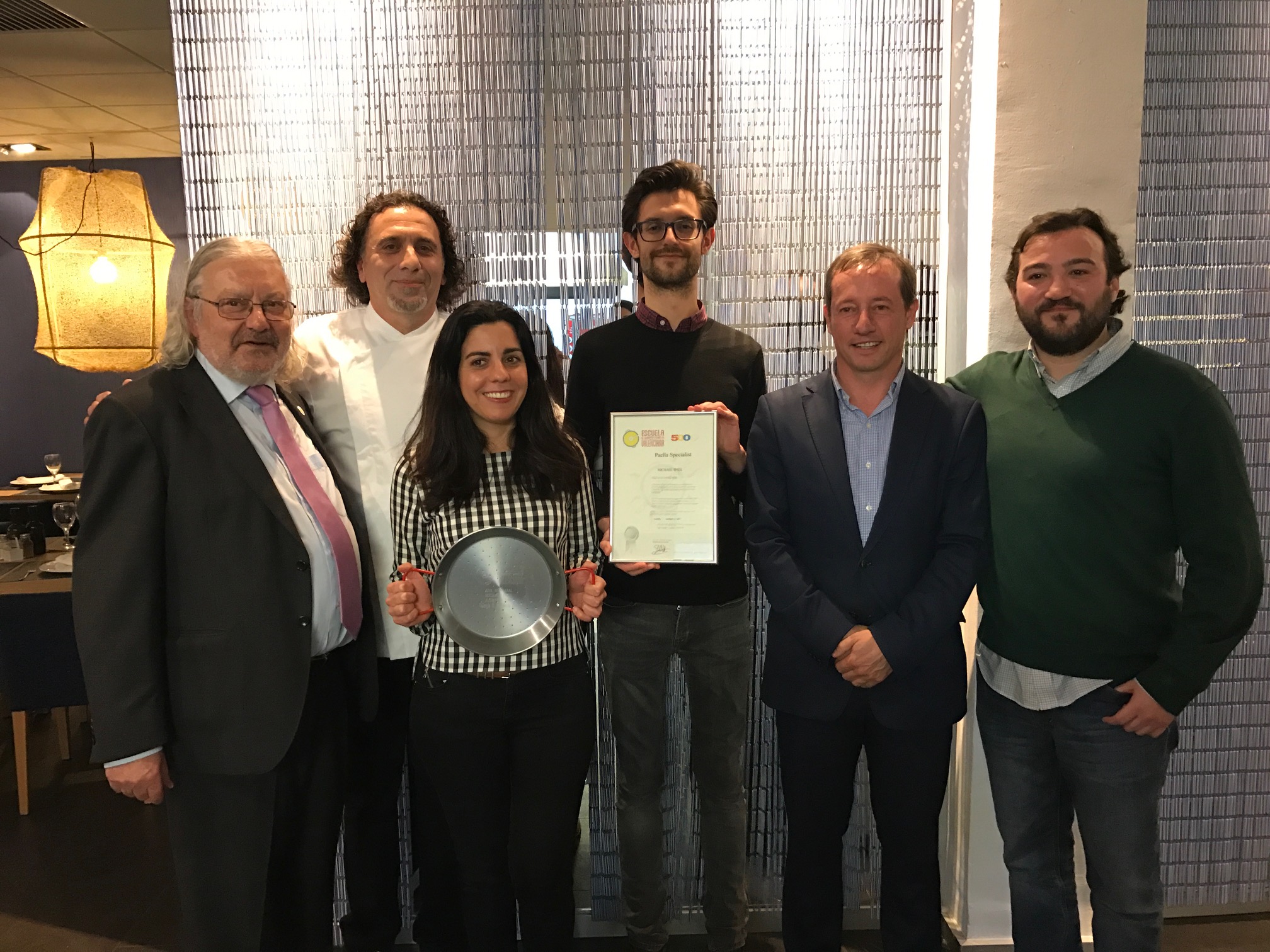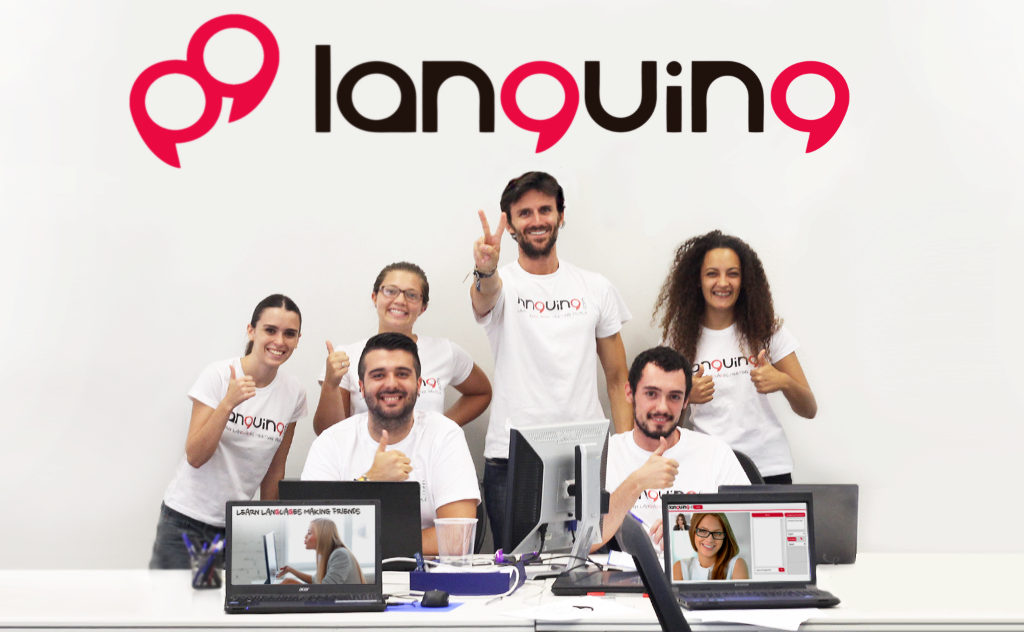IBV ‘biomodels’ of the heart simplify surgical planning
- The Valencian Instituto de Biomecánica has developed 3D printed models for the pre-clinical validation of medical devices.
- Ortopedia Mollá, Orliman, Ekuore, Mercé Electromedicina, Valida Innovation, Analog Devices, Electromedical Eiffage, Oncovisión and Tesoro Imaging are participating in the project.
In the current context, in which progress is being made towards increasingly personalised medicine, 3D printed medical models, also known as ‘biomodels’, are not only important for reducing the cost of developing healthcare devices, but also provide incalculable value in clinical practice, especially in the case of complex treatments. An example of this are surgeries under anomalous anatomical conditions, where success depends to a large extent on pre-planning.

Within the framework of the DIS2MED project, financed by IVACE and FEDER funds, the Instituto de Biomecánica (IBV) has developed several ‘biomodels’ of heart and abdominal aortic aneurysms, which serve both for the preclinical validation of medical devices and to simplify surgical planning.
These prototypes have been defined thanks to the feasibility studies carried out during the phase of detecting the needs of the companies collaborating in the project in order to respond to a line of work that is booming in the sector.
Once conceived, the biomodels have been validated by the companies themselves, in this case Mercé Electromedicina and Valida Innovation, which has made it possible to check the applicability of the research work carried out in a real business environment.
This is one of the actions IBV is working on in the DIS2MED project to respond to the new needs of companies in the healthcare and related sectors, which have to adapt their products, processes and services in view of the entry into force of Regulation (EU) 2017/745 on medical devices.
Another of the main lines of research incorporated into the project has been the generation of techniques and procedures for the diagnosis of pathologies and the monitoring of patients, as well as the validation of products. In this way, IBV has carried out various viability analyses using new methodologies for the evaluation of medical devices based on human factors, with the aim of developing user-centred designs. Through tests that simulate real conditions of use and with a small number of participants, crucial information is obtained on how users use the device.
It is estimated that with only five users, up to 85% of the usability problems of the product can be detected. According to José Laparra, Director of the Human Factors Area, “these types of evaluations carried out during the design and development phase of the medical device are of great importance within the health certification process and contribute to obtaining safe and easy-to-use medical products, since, if the user is integrated from the early design phases and small iterative usability evaluations are carried out, almost 100% of the risks associated with the interaction between the person and the device can be identified and, therefore, eliminated or mitigated”.
Throughout the execution of the project, several companies from the health sector in the Valencian Community have collaborated with the project. In addition to the aforementioned companies, Mercé Electromedicina and Valida Innovation, Ortopedia Mollá, Orliman, Ekuore, Analog Devices, Electromedical Eiffage, Oncovisión and Tesoro Imaging have also participated.






Recent Comments